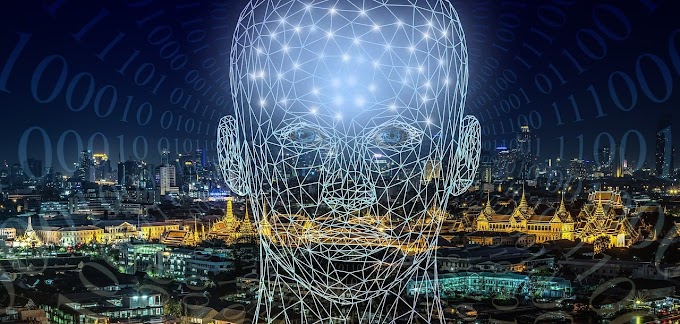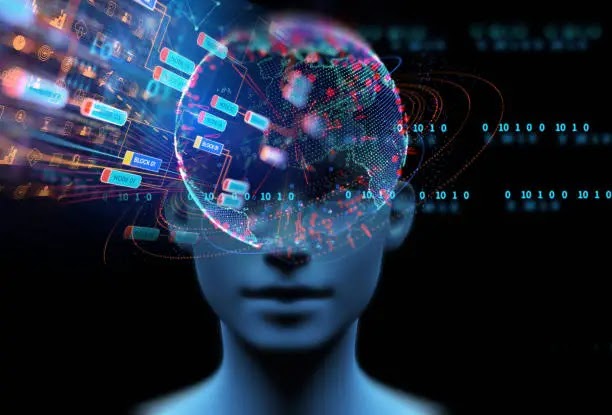AI tools in Healthcare
In the rapidly evolving landscape of healthcare, artificial intelligence (AI) is playing an increasingly pivotal role. AI-powered tools have begun to revolutionize the industry, making healthcare more accessible and affordable for individuals worldwide. In this article, we will explore some of the remarkable ways in which AI is transforming healthcare.
Early Disease Detection and Diagnosis
AI-driven diagnostic tools are a game-changer when it comes to identifying diseases in their early stages. Machine learning algorithms, trained on vast datasets of medical records, can analyze complex patterns in patient data and images such as X-rays, MRIs, and CT scans. These tools can assist medical professionals in making more accurate and timely diagnoses, ultimately leading to better patient outcomes and cost savings.
Personalized Treatment Plans
One-size-fits-all treatment approaches are gradually being replaced by personalized medicine, thanks to AI. AI algorithms analyze an individual's genetic makeup, medical history, and lifestyle data to recommend tailored treatment plans. This approach not only enhances the effectiveness of treatments but also minimizes the risk of adverse effects, reducing the overall cost of healthcare.
Remote Patient Monitoring
The adoption of AI-powered wearables and IoT devices allows patients to monitor their health conditions in real-time, even from the comfort of their homes. These devices collect and transmit data to healthcare providers, enabling timely interventions and reducing the need for frequent in-person visits. This remote monitoring not only improves patient access to care but also reduces the burden on healthcare facilities.
Predictive Analytics for Resource Allocation
AI-based predictive analytics help healthcare organizations optimize resource allocation. By analyzing historical data, these tools can forecast patient admission rates, resource utilization, and disease outbreaks. This allows hospitals and clinics to allocate staff, equipment, and resources more efficiently, ultimately lowering operational costs.
Telemedicine and Virtual Health Assistants
AI-driven chatbots and virtual health assistants are becoming increasingly prevalent in healthcare. These digital assistants can provide information, schedule appointments, and even offer preliminary diagnoses, enabling patients to access healthcare information and services 24/7 without the need for immediate human intervention. This not only enhances accessibility but also reduces administrative overhead.
Drug Discovery and Development
AI is accelerating the drug discovery process by analyzing massive datasets and simulating drug interactions. This leads to faster and more cost-effective drug development, potentially lowering medication prices and improving access to innovative treatments.
Fraud Detection and Cost Reduction
AI algorithms are also being employed to detect fraudulent insurance claims and billing errors, helping to curb healthcare fraud and reduce unnecessary costs within the system.
In conclusion, AI-powered tools are reshaping the healthcare landscape, making it more accessible and affordable for individuals worldwide. These technologies hold the promise of improving patient outcomes, reducing costs, and enhancing the overall efficiency of healthcare delivery. As AI continues to advance, its impact on healthcare is likely to become even more profound, further transforming the way we access and receive medical care. The future of healthcare is undoubtedly intertwined with the continued development and integration of artificial intelligence.






